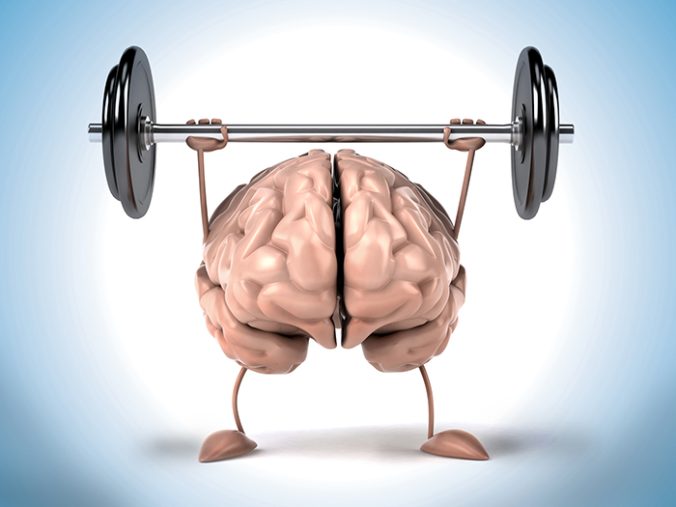Does everyone have the ability to learn? Of course. Learning is what our brains do. As we interact with the environment, the neurons in our brains make connections. Those connections are strengthened with practice and may be pruned away if they are not used.
While everyone has the ability to learn, we don’t all have the same capacity to learn. Some things are easy for a particular person to learn; other things are difficult. Things that are easy for one person to learn may be hard for another. And we may find learning something easier or more difficult at different ages. For example, learning language is trivially easy for most young children, but becomes much more difficult as we age.
While it may seem that we have little control over these differences, our learning capacity is something that can be built to a far greater degree than most of us understand. Knowing the most effective strategies for how to learn can help you maximize your efforts when you are trying to acquire new ideas, concepts, and skills. If you are like many people, your time is limited, so it is important to get the most educational value out of the time you have.
Knowing how to learn well is not something that happens overnight but putting a few of these learning techniques into daily practice can help you get more out of your study time.
1. Find ways to boost your memory. Strategies that can help improve your memory include:
- Get regular physical exercise, which is linked to improvements in memory and brain health.
- Spend time socializing with other people.
- Get enough sleep.
- Eliminate distractions so you can focus.
- Organize the information to make it easier to remember.
- When you learn something new, spend a few moments describing it to yourself in your own words.
- Use visual aids like photographs, graphs, and charts.
- Read the information you are learning out loud.
2. Always keep learning new things. One sure-fire way to become a more effective learner is to simply keep learning. Research has found that the brain is capable of producing new brain cells, a process known as neurogenesis.
3. Use a variety of learning techniques. Another one of the best ways to learn is to focus on learning in more than one way. One helpful tip is to try writing out your notes on paper rather than typing on a laptop, tablet, or computer. Research has found that longhand notes can help cement information in memory more effectively than digital note-taking.
4. Try teaching it to someone else. Educators have long noted that one of the best ways to learn something is to teach it to someone else. Start by translating the information into your own words. This process alone helps solidify new knowledge in your brain. Next, find some way to share what you’ve learned.
5. Connect new information to things you already know. Another great way to become a more effective learner is to use relational learning, which involves relating new information to things that you already know.
6. Look for opportunities to have hands-on experiences. While seeing information and then writing it down is important, actually putting new knowledge and skills into practice can be one of the best ways to improve learning.
7. Remember that mistakes are part of the process. Research suggests that making mistakes when learning can improve learning outcomes. One study found that mistakes followed by corrective feedback can be beneficial to learning. If you make a mistake when learning something new, spend some time correcting the mistake and examining how you arrived at the incorrect answer.
8. Study a little bit every day. One research study suggests that this type of distributed learning is one of the most effective learning techniques. Focus on spending a little time studying each topic every day.
9. Test yourself. While it may seem that spending more time studying is the best ways to maximize learning, research has demonstrated that testing yourself actually helps you better remember what you’ve learned. Spending time retrieving information from memory improves the long-term memory of that information.
10. Focus on one thing at a time. Multitasking involves trying to do more than one thing at the same time, but it can also involve quickly switching back and forth between tasks or trying to rapidly perform tasks one after the other. According to research, doing this not only makes people less productive when they work but also impairs attention and reduces comprehension.
References:
Very Well Mind (2023, March 10) Kendra Cherry, MSEd: How to Learn More Effectively
Ed Circuit (2020, December 9) Betsy Hill: 3 Keys to Building Individual Learning Capacity


Leave a Reply